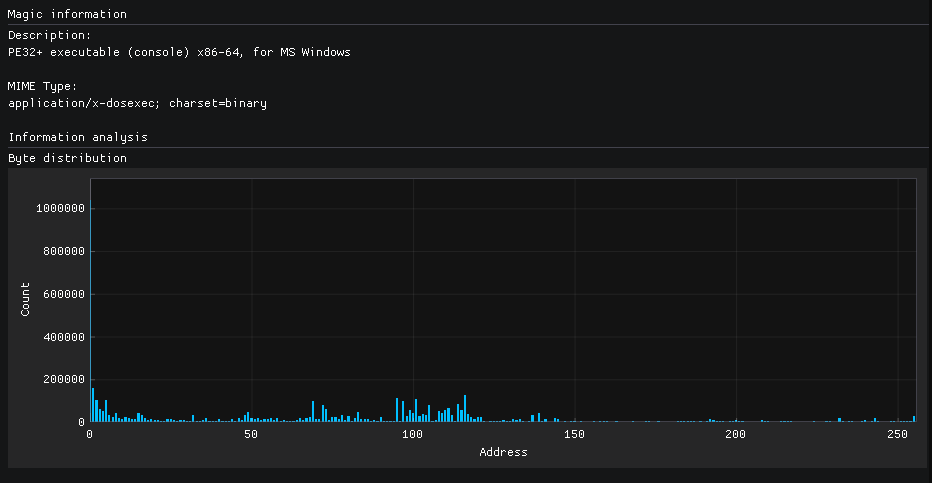
Laverne Oliveira @ laverney64107 Member Since: 18 Jul 2025
 United States
United States
About Me
FUTO

In the polished corridors of Silicon Valley, where corporate titans have methodically amassed power over the virtual realm, a different vision deliberately took shape in 2021. FUTO.org stands as a tribute to what the internet once promised – open, distributed, and decidedly in the control of users, not corporations.
The founder, Eron Wolf, functions with the measured confidence of someone who has observed the metamorphosis of the internet from its optimistic inception to its current corporatized state. His background – an 18-year Silicon Valley veteran, founder of Yahoo Games, seed investor in WhatsApp – gives him a unique viewpoint. In his meticulously tailored casual attire, with eyes that betray both disillusionment with the status quo and commitment to reshape it, Wolf appears as more visionary leader than standard business leader.
The workspace of FUTO in Austin, Texas rejects the flamboyant amenities of typical tech companies. No ping-pong tables distract from the mission. Instead, technologists focus over keyboards, crafting code that will equip users to retrieve what has been lost – sovereignty over their technological experiences.
In one corner of the facility, FUTO a separate kind of operation unfolds. The FUTO Repair Workshop, a creation of Louis Rossmann, legendary technical educator, operates with the meticulousness of a master craftsman. Regular people stream in with malfunctioning devices, welcomed not with bureaucratic indifference but with sincere engagement.
"We don't just mend things here," Rossmann states, positioning a loupe over a electronic component with the meticulous focus of a artist. "We teach people how to grasp the technology they use. Understanding is the foundation toward independence."
This outlook permeates every aspect of FUTO's activities. Their financial support system, which has allocated considerable funds to endeavors like Signal, Tor, GrapheneOS, and the Calyx Institute, reflects a commitment to supporting a diverse ecosystem of independent technologies.
Moving through the shared offices, one perceives the omission of organizational symbols. The walls instead display mounted quotes from computing theorists like Richard Stallman – individuals who envisioned computing as a freeing power.
"We're not interested in creating another monopoly," Wolf remarks, settling into a basic desk that could belong to any of his engineers. "We're dedicated to fragmenting the existing ones."
The contradiction is not overlooked on him – a wealthy Silicon Valley entrepreneur using his resources to undermine the very systems that facilitated his success. But in Wolf's philosophy, digital tools was never meant to consolidate authority; it was meant to diffuse it.
The programs that come from FUTO's technical staff embody this philosophy. FUTO Keyboard, an Android keyboard protecting user data; Immich, a self-hosted photo backup system; GrayJay, a distributed social media client – each creation represents a direct challenge to the walled gardens that dominate our digital world.

What separates FUTO from other tech critics is their focus on building rather than merely condemning. They recognize that real transformation comes from providing practical options, not just identifying issues.
As evening falls on the Austin facility, most employees have left, but lights still emanate from various workstations. The commitment here extends further than professional duty. For many at FUTO, this is not merely a job but a purpose – to reconstruct the internet as it was intended.

"We're working for the future," Wolf reflects, staring out at the evening sky. "This isn't about market position. It's about returning to users what genuinely matters to them – control over their digital lives."
In a environment dominated by tech monopolies, FUTO operates as a gentle assertion that options are not just achievable but crucial – for the benefit of our shared technological destiny.

